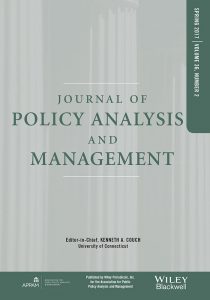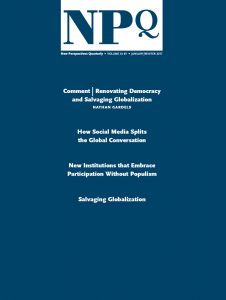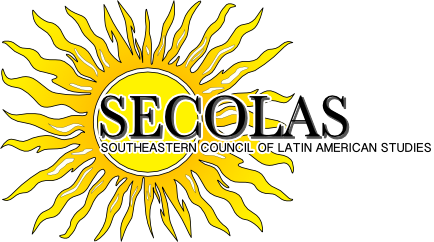Diversity & Inclusion Research: Unveiling and Promoting Diversity, Inclusion, and Access
This is the first editorial by Drs Gabriela C. Zapata and Taylor Le Cui, Co Editors-in-Chief of new multidisciplinary, Open Access journal, Diversity & Inclusion Research, published by Wiley. It is was originally published in the journal, here, on 6 November 2023 and reproduced here for wider dissemination: The global crisis brought about by the COVID pandemic and the reinvigorated actions of social groups such as Black Lives Matter, #MeToo, and the Climate Movement once more brought to light the...









1475-6781/asset/JSS.gif?v=1&s=377bb8e0c3d0fcf201f301ded7cf610142072c3e)